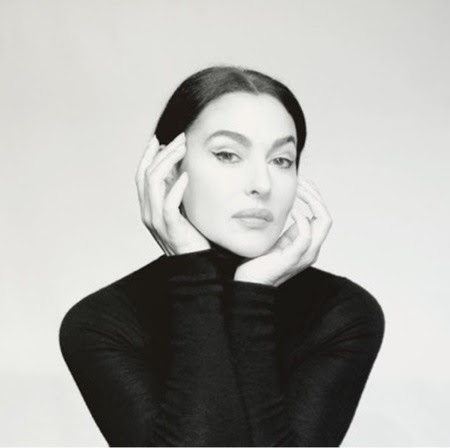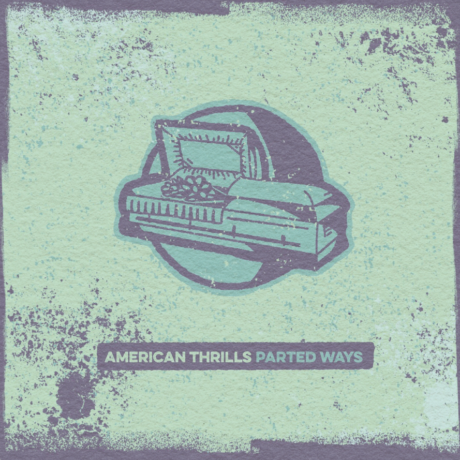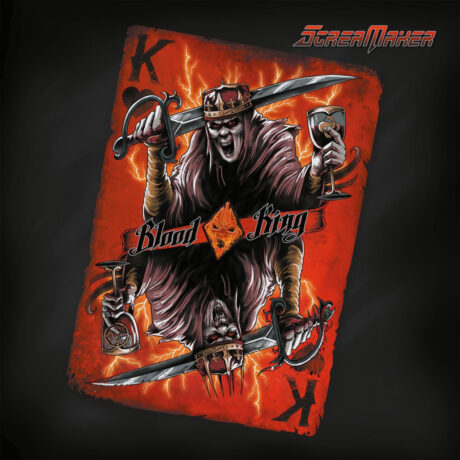|
LIVE AT THE ORPHEUM THEATRE IN LOS ANGELES ON DECEMBER 3 AND
THE BEACON THEATER IN NEW YORK ON JANUARY 27 ONE NIGHT ONLY IN NEW YORK
AND LOS ANGELES
 photo credit: Tom Volf Legendary Italian actress Monica Bellucci plays 20th century soprano Maria Callas in an interpretive performance of Letters and Memoirs—directed by Tom Volf and based on his eponymous book—at the Orpheum Theatre in Los Angeles on December 3 and the Beacon Theater in New York on January 27. Buy tickets here [TK LINK] and watch the trailer here.
Bellucci made her debut as Callas at Paris’ Théâtre Marigny in 2019 and has continued to perform around the world, including in Athens, Rome, Milan and at Her Majesty Theater in London, of which The Guardian notes, “It is a thrilling pairing…the impossibly glamorous actor Monica Bellucci playing the impossibly glamorous soprano Maria Callas, a case of one diva paying homage to another.”
Callas’ Letters and Memoirs, published by Volf, is a trove of unearthed material telling the singer’s life story entirely in her own words. Bellucci interperets the writings of Callas—from her childhood in New York and her beginnings at the opera in Italy to the pinnacle of world fame, complicated by scandal, love and personal hardship—revealing, for the first time, the true story behind the opera legend.
About Monica Bellucci
Monica Bellucci was born on 1964 in Citta di Castello, Italy. After studying law, she began her modeling career with the famous Elite Milan agency. At 25, Monica headed toward cinema and landed her first roles in Italy, notably in La Riffa. Shortly after she started picking up roles in France, including in L’Appartement for which she is nominated for a César, the actress then accumulated successes in films such as Le Pacte des Loups and Asterix Mission Cleopatre.
At the same time she embarked on an international career, taking over the role originally played by Romy Schneider in Suspicion, then the American remake of Garde à Vue and finding herself opposite Bruce Willis in Les Larmes du Soleil. She also appears in the second and third parts of the Matrix saga: Matrix Reloaded and Matrix Revolutions. Imagined by Mel Gibson as Mary Magdalene, she joins the cast of The Passion of the Christ (2004) and also plays in The Brothers Grimm by director Terry Gilliam. She continued her career in France with Bertrand Blier’s Combien Tu M’Aimes and Guillaume Nicloux’s Le Concile de Pierre. In 2006, she was a jury member at the 59th Cannes Film Festival, chaired by Wong Kar-Wai.
In 2011 she was part of the large cast of the Italian romance L’amour A Ses Raisons by Giovanni Veronesi and the French drama Un Eté Brûlant by Philippe Garrel. In 2012 she played the female lead in the Iranian drama Rhino Season, written and directed by Bahman Ghobadi. In 2015 she joined the inner circle of James Bond girls under the direction of Sam Mendes for Spectre. Then in 2017 she played in On the Milky Road by Emir Kusturica and joined the third season of the series Twin Peaks.
Since then Bellucci has appeared on Call My Agent! as well as in a series of European and international films, including Oscar- nominated The Man Who Sold His Skin by Kaouther Ben Hania, Les Fantasmes by Stéphane and David Foenkinos, The Girl In The Fountain by Antongiulio Panizzi, Memory by Martin Campbell and most recently Siccita by Paolo Virzi, presented at the 79th Venice Film Festival.
Monica will star in Catherine Hardwicke’s upcoming comedy Mafia Mamma alongside Toni Collette.
About Maria Callas
Maria Callas, original name Maria Cecilia Sophia Anna Kalogeropoulos, (born December 2, 1923, New York, New York, U.S.—died September 16, 1977, Paris, France), was an American-born Greek operatic soprano who revived classical coloratura roles in the mid-20th century with her lyrical and dramatic versatility.
Callas was the daughter of Greek immigrants who developed an early interest in singing. Accompanied by her mother, she left the United States in 1937 to study at the Athens Conservatory with soprano Elvira de Hidalgo. She sang locally in Cavalleria rusticana and Boccaccio and returned to the United States in 1945.
Her career began in earnest in August, 1947 when she appeared in Verona in La gioconda. Soon, under the tutoring of conductor Tullio Serafin, she made debuts in Venice, Turin and Florence. In 1949 she first appeared in Rome, Buenos Aires and Naples and in 1950 in Mexico City. Her powerful soprano voice, capable of sustaining both lyric and coloratura roles, was intensely dramatic; combined with her strong sense of theatre and her scrupulously high artistic standards, it took her quickly to the forefront of contemporary opera talent. Her abilities made possible the revival of 19th-century bel canto works, notably those of Vincenzo Bellini and Gaetano Donizetti, that had long been dropped from standard repertoires.
Callas made her debut at the prestigious La Scala in Milan in 1950, singing in I Vespri siciliani. In 1952 she appeared at Covent Garden, London. Her American debut took place in November 1954 at Chicago’s Lyric Opera in the title role of Norma, a performance she repeated before a record audience at the Metropolitan Opera in New York City. Callas’ recordings were enthusiastically received, and she was one of the most popular singers of the period. Her much-publicized volatile temperament resulted in several protracted feuds with rivals and managers.
After a final operatic performance as Tosca at Covent Garden (July, 1965), Callas made the film Medea (1969). In 1966 she became a Greek citizen and relinquished her U.S. citizenship. She taught master classes in opera at Juilliard (1972) before a last U.S. and European concert tour (1973–74). By the time of her retirement, she had performed more than 40 different roles and had recorded more than 20 complete operas. She died in her Paris apartment of a heart attack on September 16, 1977.
Composer Leonard Bernstein called Maria Callas “the Bible of opera,” and her influence is so grand that nearly 50 years after her death she remains the definition of a diva and an artist.
About Tom Volf
Tom Volf is a French film & stage director, producer, photographer and curator. In 2020, La Repubblica’s most influential theatre critic called him “the new Bob Wilson” in his review of the Letters and Memoirs.
Discovering Maria Callas was a turning point in Volf’s life in 2013, leading to a five-year journey creating the film Maria by Callas. The internationally acclaimed award-winning documentary was released theatrically in over 50 countries and was an official selection of over 15 international film festivals. According to Unifrance, Maria by Callas was the most-viewed French-produced cinematic release worldwide in 2018.
That same year, Volf served as the creator and curator of a major eponymous exhibition in Paris and the following year in Monte Carlo, inaugurated by Prince Albert.
Subsequently, Volf published two books (Maria by Callas and Callas Confidential), compiling previously unknown material and images of Callas along with a selection of her lost writings. In 2019 he published his third book Maria Callas, Letters & Memoirs which to date has been published in five languages.
Tom Volf approached Monica Bellucci to play Callas for her first ever stage role in 2019. Volf also created the light and sound designs for the show. After the successful Paris performances at Théâtre Marigny and Bouffes Parisiens, the show traveled to Milan, Rome, Venice, Lisbon and Athens, where Volf created a special staging for Herod Atticus with a full orchestra. Volf also created the poster of the show and is the author of a series of photographs of Monica Bellucci portraying Maria Callas.
Volf is the President of the Callas Foundation (Fonds de Dotation Maria Callas), established in Paris in 2017, a non-profit dedicated to preserving Callas’ personal archives with the goal of establishing a Museum in Paris.
For more information, please contact
Krista Williams or Carla Sacks at Sacks & Co., 212.741.1000, |










